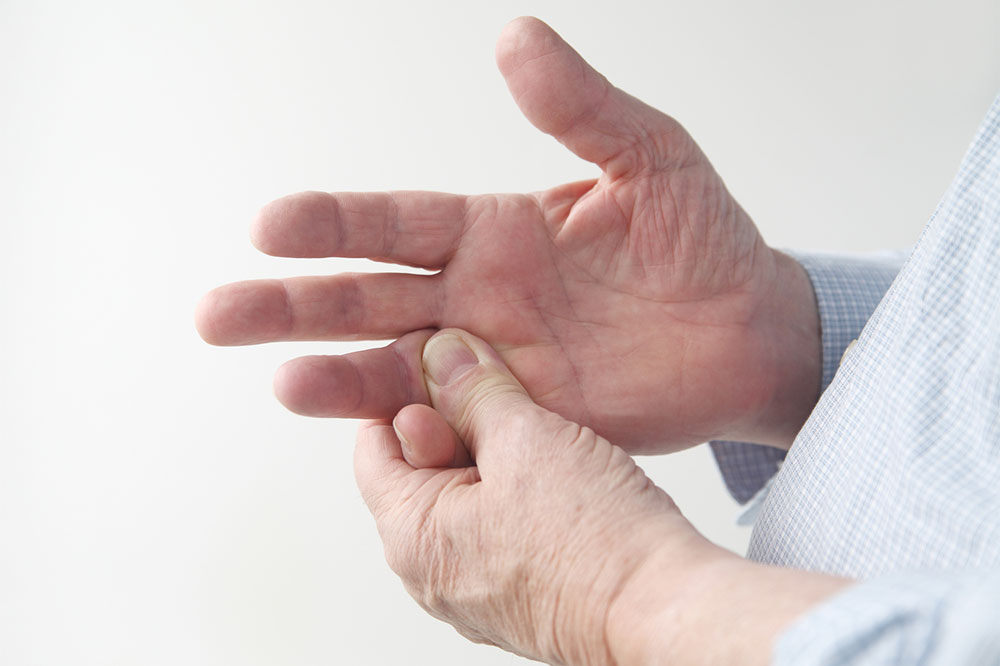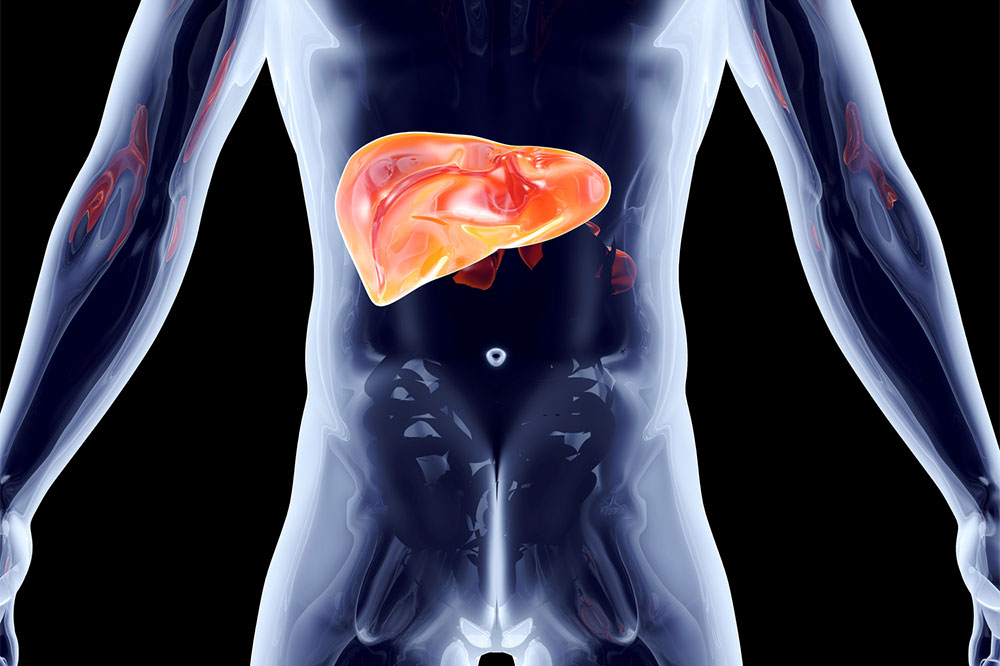Alarming signs of esophageal cancer

Esophageal cancer is a form of cancer that develops in the esophagus, which is a long, hollow tube that connects the stomach to the throat. The esophagus is responsible for transporting food from the throat to the stomach to be digested. Esophageal cancer usually starts in the cells that line the esophagus. This cancer is the world’s sixth leading cause of death from cancer. Here are a few alarming signs of esophageal cancer.
Swallowing food
The most common sign of esophageal cancer is difficulty swallowing, specifically the feeling that food is stuck in the throat. Some patients also experience food choking. As the esophagus narrows due to cancer spreading, these symptoms worsen over time, with a rise in pain when swallowing. In such cases, it is best to avoid consuming large amounts of solid food and instead eat softer foods in smaller portions.
Chest pain
This cancer also causes pain in the center of the chest, like GERD. Some patients experience a burning sensation or chest pain after swallowing food or liquid that comes into contact with the location of cancer in the esophagus. These symptoms are frequently triggered by conditions other than cancer, such as heartburn. If the discomfort persists, it is critical to consult a doctor.
Decrease in body mass
Many people with esophageal cancer lose body mass without physical activity. This occurs when patients do not eat enough due to pain and swallowing difficulties and lose a lot of body mass. Cancer may also reduce their appetite and alter their metabolism.
Some typical esophageal cancer symptoms include chest pain, body mass loss, hoarseness, a chronic cough, vomiting, and bone pain. It can sometimes result in esophageal bleeding as well. This blood then travels through the digestive tract, turning the stool black. Over time, this blood loss can lead to anemia (low red blood cell levels), which can cause fatigue. If any of these symptoms persist for an extended period, it is critical to consult a doctor to identify the cause and treat it if necessary.
Treatment for esophagus cancer
The course of treatment for this type of cancer depends on the cancer’s stage, the patient’s general health, and their personal preferences. The following are some frequent treatments for this condition:
Surgery
Cancer surgery can be done alone or in combination with other treatments. If the cancer is small, the surgeon may recommend removing both the tumor and the healthy tissue margin that surrounds it. If cancer has spread to the esophagus and upper portion of the stomach, surgery can be performed to remove a portion of the esophagus and upper portion. Major complications from esophageal cancer surgery include infection, bleeding, and leakage from the site where the remaining esophagus is reattached to the stomach.
Chemotherapy
Chemotherapy is a type of therapy that uses chemicals to kill cancer cells. Patients with esophageal cancer frequently receive chemotherapy either before or after surgery. Radiation therapy is another option as a complement to this treatment. Cancer patients whose cancer has spread past the esophagus can use chemotherapy alone to help treat the signs and symptoms of advanced cancer. Chemotherapy side effects differ depending on the prescriptions used.
Immunotherapy
Immunotherapy is a treatment therapy that supports the immune system’s ability to combat cancer. Immunotherapy may treat esophageal cancer when it is advanced, has returned, or has spread to other body parts.






